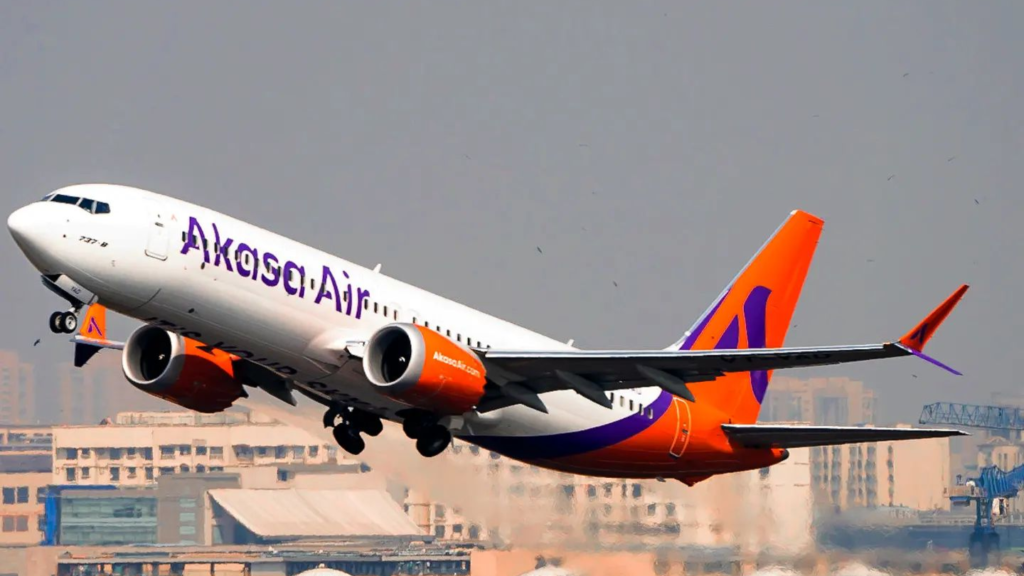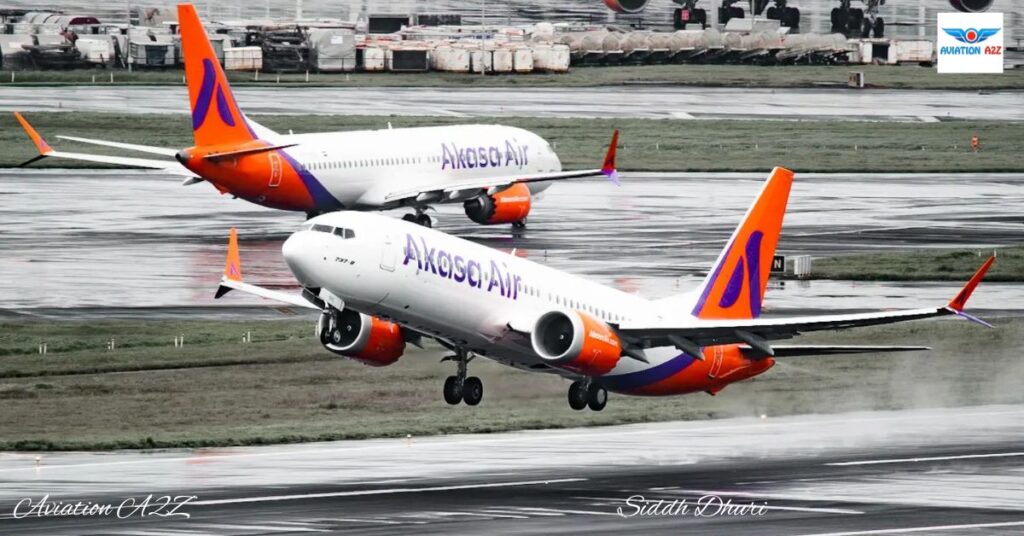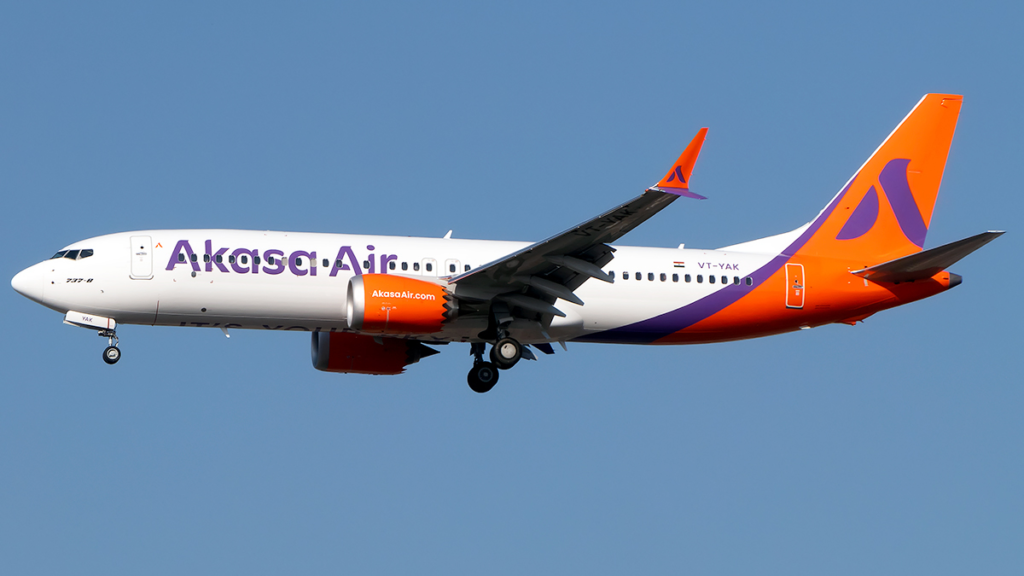MUMBAI- The Indian government has granted Jhunjhunwala-backed Akasa Air (QP), a low-cost carrier, authorization to operate international flights to Saudi Arabia, Kuwait, and Qatar.
These permissions are granted in accordance with existing bilateral agreements. However, the airline will have to defer its plans to commence flights to popular destinations like Dubai, as the current bilateral agreements for this region have been fully utilized.

Akasa Air Approved for International Flights
To commence international operations, Akasa Air must first seek official designation as an Indian airline from the government.
Once this designation is conferred, the airline will then proceed to request approval from the respective countries, adhering to their specific regulations. It is only after obtaining the necessary approvals that Akasa can apply for airport slots in these countries, as informed by sources to TOI.
Bilateral agreements for several significant destinations frequented by Indian travelers, such as Dubai, Sharjah, Ras Al-Khaimah, and Qatar, have either been fully utilized or are close to being fully utilized.
This poses challenges for new airlines like Akasa when initiating flights and for existing ones looking to expand their flight frequencies.

Bilateral Agreements
Bilateral agreements are formal accords signed between two countries, delineating the conditions under which designated carriers from each nation can operate flights.
These agreements also entail the assessment of substantial ownership and effective control (SOEC) of foreign airlines seeking to operate within a particular country.
Certain European airlines, such as Swiss and Austrian, hold unique positions in these agreements due to their ownership and control by Germany’s Lufthansa. Notably, Lufthansa is extending its influence by acquiring a stake in Italy’s ITA, the successor of the now-defunct Alitalia.
Akasa has encountered challenges due to a significant departure of pilots, leading the airline to resort to legal actions and seeking intervention from the Directorate General of Civil Aviation (DGCA).
Akasa currently manages a fleet of 20 aircraft; many are on order. Its eligibility to operate internationally is based on the amended 0/20 rule, which allows Indian carriers to do so once they have a minimum of 20 aircraft in their fleet, with no stipulations on the number of years in operation.
This marks a departure from the previous 5/20 rule, which mandated a minimum of five years in operation before international operations were allowed.
Stay tuned with us. Further, follow us on social media for the latest updates.
Join us on Telegram Group for the Latest Aviation Updates. Subsequently, follow us on Google News.

